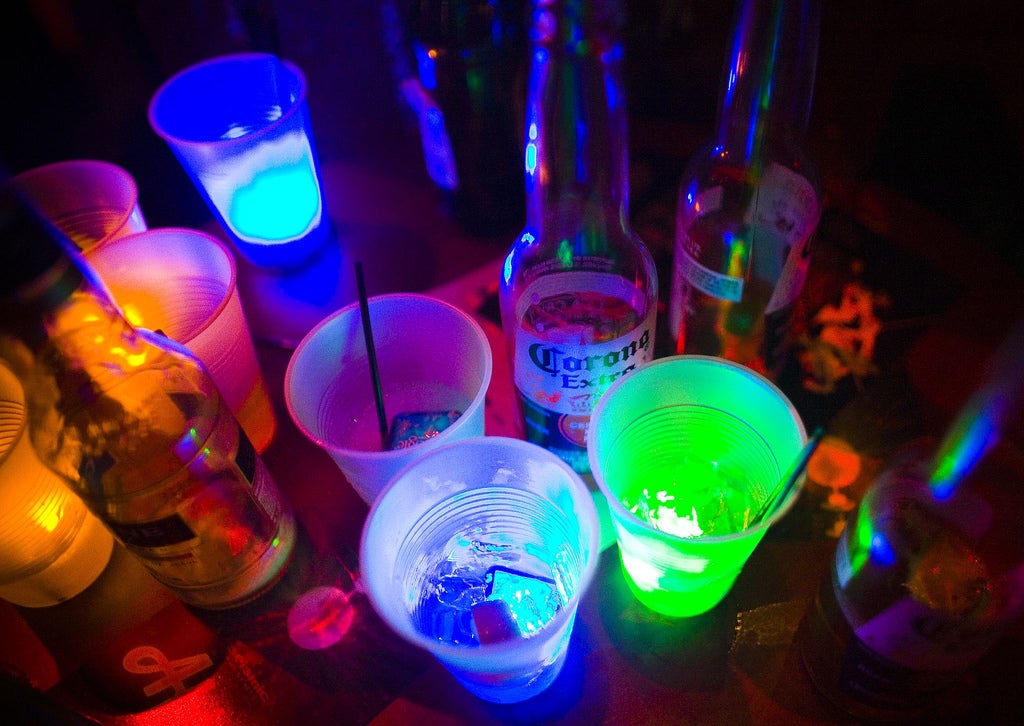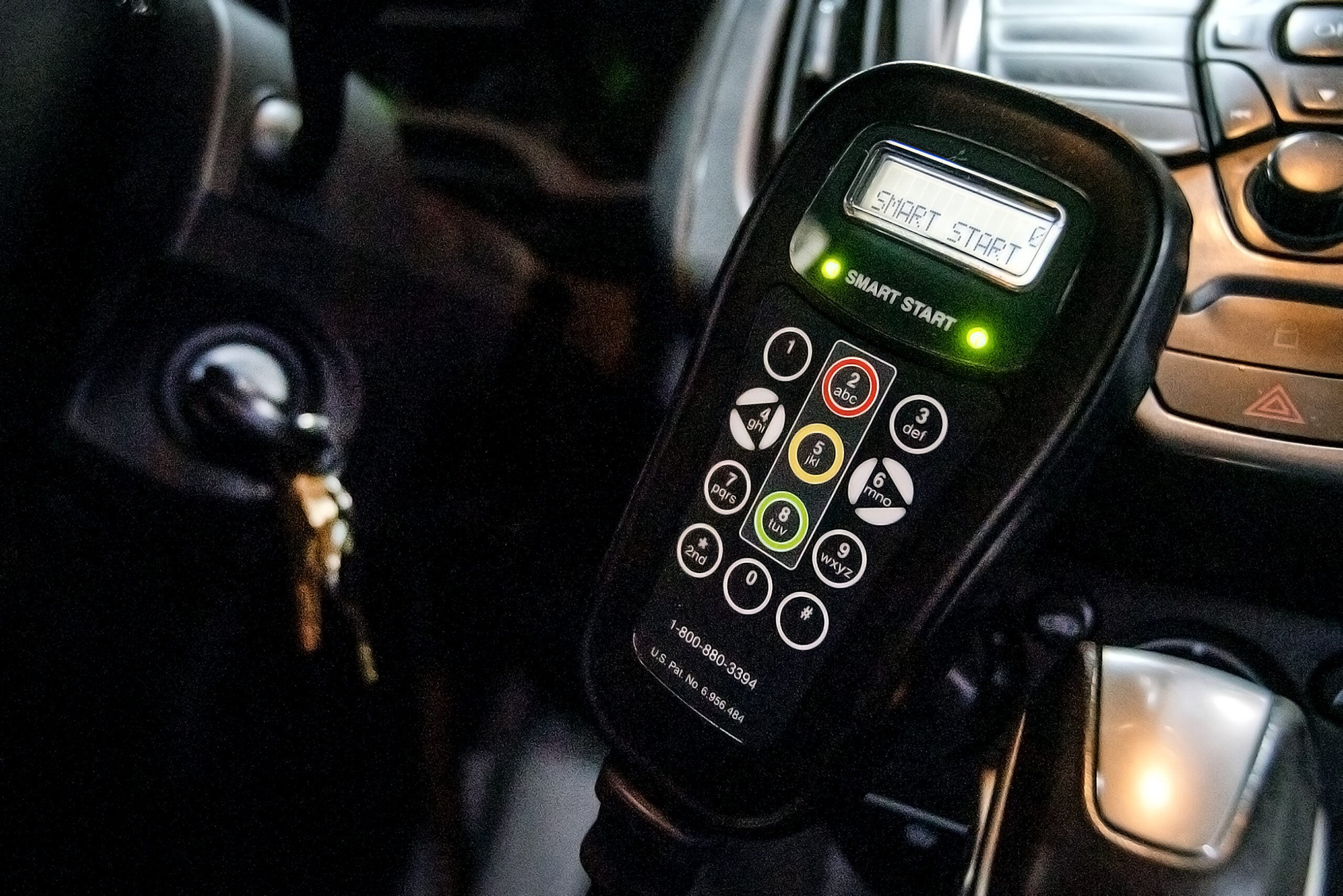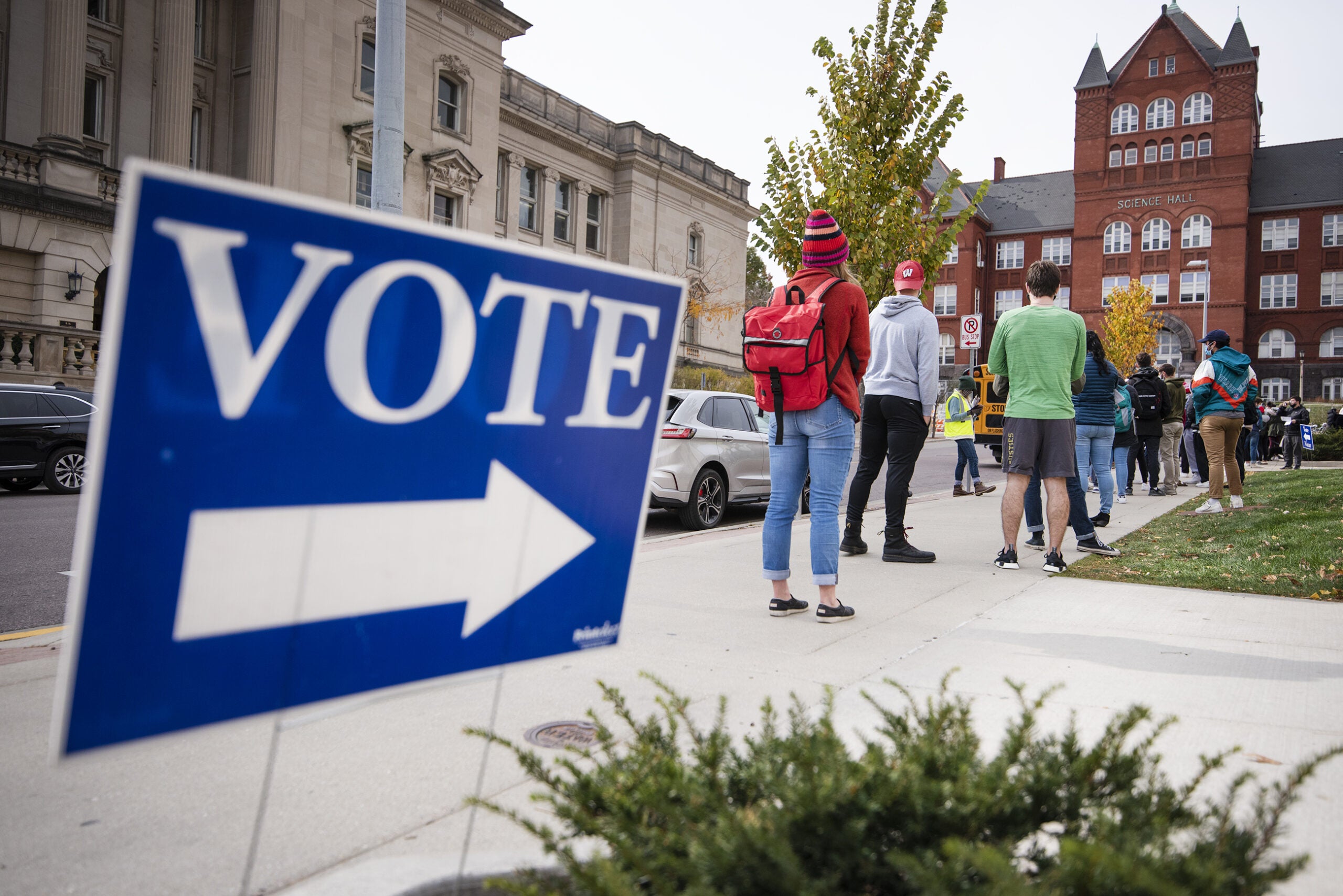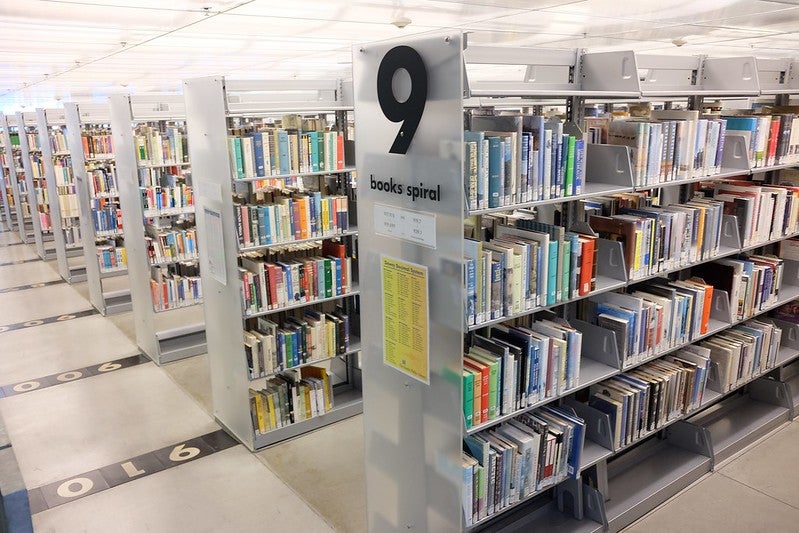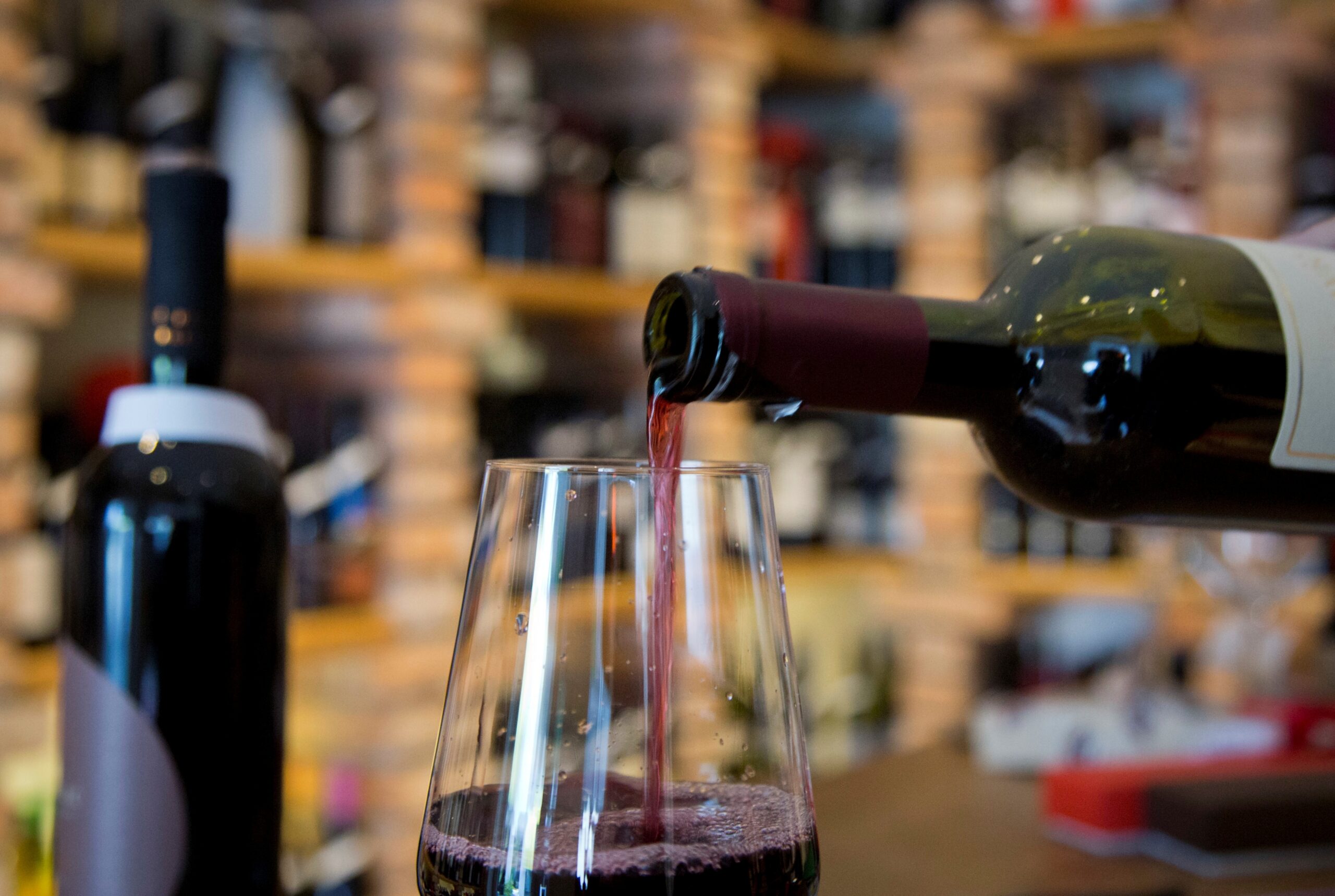Some UW officials are skeptical of a bill that would exempt underage drinkers from facing legal consequences when they seek medical assistance for a friend who’s had too much to drink. But the 911 Good Samaritan bill has strong support from U-W student leaders.
Seventeen other states already have similar laws on place. David Gardner is the chair of the Associated Students of Madison. He says research on campuses in those states has found the law has led to a significant increase in student calls for help in alcohol-related emergencies. He says when students know they won’t get a ticket on their record, they’re more likely to call.
“Ultimately, you’re fearful when calling for help, you’ll destroy somebody’s passion. You’ll destroy someone’s ability to do what they want,” Gardner said. “But that said, we’re not asking for a ‘get out of jail free.’ We’re asking for consequences for those decisions: we just are asking that they not be fatal consequences.”
Stay informed on the latest news
Sign up for WPR’s email newsletter.
Gardener says students who make the call for help as well as the ones in need of medical assistance may still be required to attend an alcohol intervention program. If they don’t complete it, then they will still face a ticket for underage drinking. But the vice-chancellor for student affairs at U-W River Falls, Gregg Heinselman says the bill takes away an important tool for teaching students about the dangers of drinking too much. He says it would prevent a university from suspending underage drinkers, or barring them from living in a residence hall.
“There are times where I have worked with students where we’ve had no other choice other than to remove them from the residence hall or we’ve had not other choice other than to suspend them,” Heinselman said. “I’ve had people return and thank us for taking that action as an institution, because that was the wake up call that they needed to change those behaviors.”
Heinselman says more alcohol abuse education is a better way of dealing with the problems than simply removing sanctions.
Wisconsin Public Radio, © Copyright 2024, Board of Regents of the University of Wisconsin System and Wisconsin Educational Communications Board.

